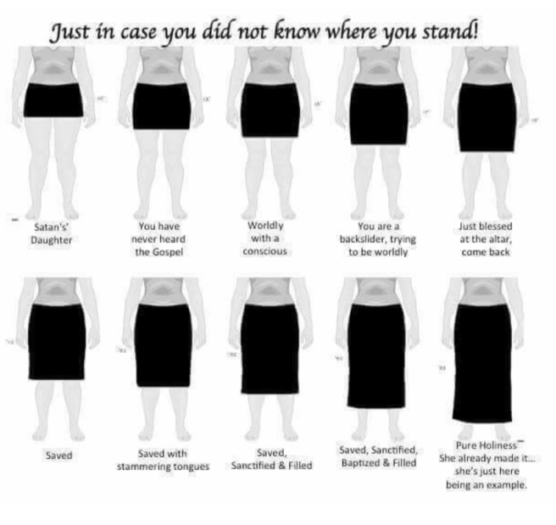A couple years ago I sat one evening around a camp fire reminiscing with a young man (we’ll call him Ryan, not his real name) that I knew from the United Pentecostal Church that I had left almost 30 years ago.
I had worked in a factory job with Ryan’s Dad and served with his Dad in our church in ushering duties. I believe his Dad might have been the head usher. We’ll call him Bill (not his real name).
Bill was what the pastor called one of them chronic seekers. Rarely missed an altar call. Bill would be the last to leave the altar, walking away with defeat in his eyes. No matter how hard Bill prayed or long he prayed, no matter his hours of service given and no matter how much Bill gave financially, he could never seem to please God enough for God to save him. Bill lived under the condemnation of the “never good enough gospel” that so many struggle with in sick churches like this one.
Something happened in time with Bill. I feel some of it was brought on by living in such a state of mind that you constantly feared you were lost. Heading for a burning eternal hell.
I’d guess Bill was in his 50’s, healthy in his physical body. But his mind began to slip. He’d from time to time be admitted to a mental health institution.
Bill and wife had always been one of our churches most generous givers. I think in part Bill may have been trying to earn that holy ghost tongue talking experience that had alluded him for years, with giving way beyond our required tithes.
Sitting around that campfire that evening with Bill’s youngest son, Ryan, he shared with that one time his Dad had gotten some better and came home from the mental health hospital.
Bill had been laid off from his factory job. No money coming in. Car payment and house payment going out. Groceries to feed his wife and two boys were getting more difficult to pay for. Bill goes to see the pastor of our growing UPC church. Bill tells the pastor he wants to donate some money to the building of our new million dollar church. (This is in the mid 1970’s.)
The next day Bill’s wife, after having been told by her husband, of what he done, goes to the pastor. She asks why, why did you let him do this? You know he’s sick. You know he’s out of work. You know we have nothing left to live on. The cupboards are bare. WHY? Please give it back.
Now who reading this, could believe that FINANCIAL GREED could be so strong in someone. Someone that was supposed to be watching for the good of your soul.
Could you believe that he told her he couldn’t just give it back. He’d have to ask the board.
I told Bill’s son, Ryan, I was on the board at that time and this is the first I have ever heard of this. To my knowledge, the pastor never asked or told the board of this.
The money was never given back. THIS IS SPIRITUAL ABUSE.
Ryan doesn’t attend church anywhere regularly. I could understand if he hated God, preachers, churches and the people who fill the pews. But he doesn’t. I think he loves God. I think he’s come to realize the God that we were taught to FEAR (for lives and soul) was a false misrepresentation of God.
In the New Testament, as I understand it today, God requires one thing of you to be saved. He does not require works. He does not require a certain percentage of your finances. If you think he does, please just google ‘tithe‘ and read something and learn for yourself.
God’s only requirement for your salvation does not and can not come from you. What God required came from his Son. Jesus paid it in full. It is finished.
Just as Abraham believed, that is all we need to do. Read of Abraham in Romans 3 and 4. Read it with your mind open. This was NOT Paul telling only tongue talking believers how to Stay Saved as the UPC teaches. This was Paul REMINDING Christians HOW they GOT SAVED.
Reminding them just as he scolded the Ephesian believers. Believers who thought what they did or what they gave impressed God.
He reminded them how THEY GOT SAVED: Eph. 2: 4 But because of his great love for us, God, who is rich in mercy, 5 made us alive with Christ even when we were dead in transgressions—it is by grace you have been saved. 6 And God raised us up with Christ and seated us with him in the heavenly realms in Christ Jesus, 7 in order that in the coming ages he might show the incomparable riches of his grace, expressed in his kindness to us in Christ Jesus. 8 For it is by grace you have been saved, through faith—and this is not from yourselves, it is the gift of God— 9 not by works, so that no one can boast.
Even the very faith that saves us is a gift from God. It is not our own.
Shalom. I thank God I am free at last.

















